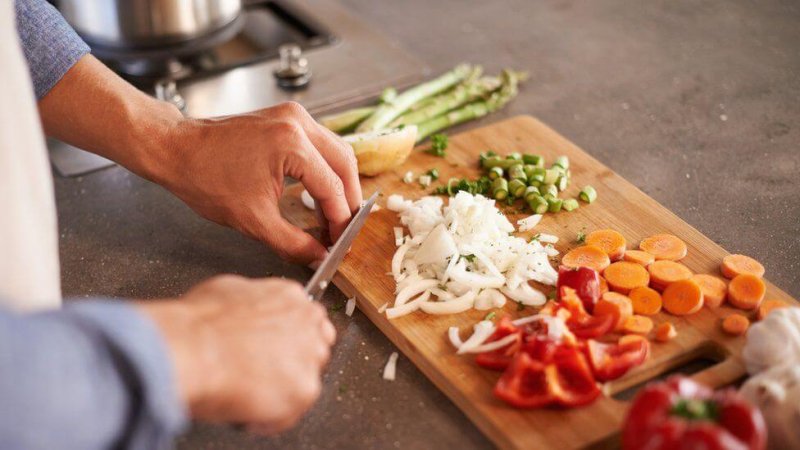Vegetables may be good for you, but eating a lot of them is unlikely to reduce your risk of a heart attack or stroke, a large UK study suggests.
What else we eat, how much exercise we do and where and how we live may have more of an impact, the researchers say.
But they emphasise that a balanced diet helps reduce the risk of many diseases, including some cancers.
But Prof Naveed Sattar, professor of metabolic medicine at the University of Glasgow, said there was “good trial evidence” that eating foods rich in fibre such as vegetables, “can help lower weight and improve levels of risk factors known to cause heart disease”.
He said the study’s conclusions could be debated and should not alter widespread advice to eat at least five portions of fruit and vegetables a day.
Other experts said measuring how much and what kinds of foods people eat over many years in order to study the effect on disease risk was prone to error.
“Unfortunately doubt has to be cast on the reliability of findings from the use of simple questions expecting users to express an average intake value,” said Prof Janet Cade, from the University of Leeds.































